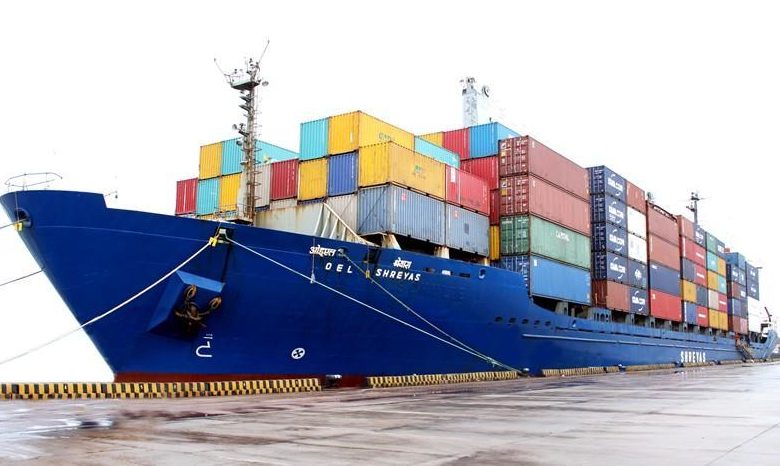The feeder game is changing

Santosh Patil reflects on the ramifications of terminal operators building their own box fleets.
A couple of years ago I penned my thoughts in this publication on the feeder opportunity in response to DP World’s acquisition of Unifeeder and how it made business sense. There was some scepticism that it would turn into some MBA horror story; those fears appear to have been allayed. Some questioned why would lines need a global feeder operator and maintained that lines were better off with regional operators.
I had also hinted the possibility that DP World may not stop at Unifeeder and may continue to buy others. This turned out to be true with their subsequent acquisition of Feedertech. DP World announced the integration of both entities to position itself as a global feeder operator a while ago.
Then we have had news carried on this site in the past week – still yet to be confirmed – that DP World is looking at buying the India’s Shreyas Shipping & Logistics. Though the parties remain tight-lipped on the potential transaction, the recent shift of Shreyas from Kattupalli (Adani) to Chennai (DP World) could be interpreted as a sign of an imminent deal.
The feeder business is now increasingly moving towards an oligopolistic market scenario, which hitherto was more of a regional game
Another terminal operator, Abu Dhabi Ports, has joined the fray with its recent partnership with BTL, launching Safeen Feeders. Abu Dhabi Ports termed this partnership as a means to “enhance its service offerings”. This indicates that the feeder game is now changing and there are other dynamics affecting how feeders are evolving.
So why is it that terminal operators are taking interest in feeder operators? The obvious answer is that feeders provide the much-needed connectivity to main lines and much of the hub and spoke arrangement relies on feeder connectivity. With larger vessel sizes restricting access to limited ports, the need for feeders is even more accentuated. However, with the rising competition among terminal operators, there is also a growing need to look beyond the traditional services offerings and look at forward/ backward linkages. DP World’s stated vision is to become a leading end-to-end supply chain solutions provider.
While the acquisition of feeder operators enhances port connectivity, the interest in logistics providers like Shreyas is interesting as it goes beyond connectivity and focuses on securing cargo movement into the terminals.
Coming back to the rumoured acquisition by DP World; Shreyas Shipping is a good buy, being a pioneer in coastal shipping and is a strong asset-based organisation. DP World’s previous purchases – Unifeeder and Feedertech both operate on asset light model. It is likely that DP World may not acquire the Shreyas fleet, however, would still like to maintain some control over the fleet in the purported acquisition.
With these acquisitions, the feeder business is now increasingly moving towards an oligopolistic market scenario, which hitherto was more of a regional game. The largest competitor to DP World in the feeder space is X-Press Feeders, which arguably has the widest coverage. How X-Press Feeders responds to this changing dynamic will be interesting to watch.
